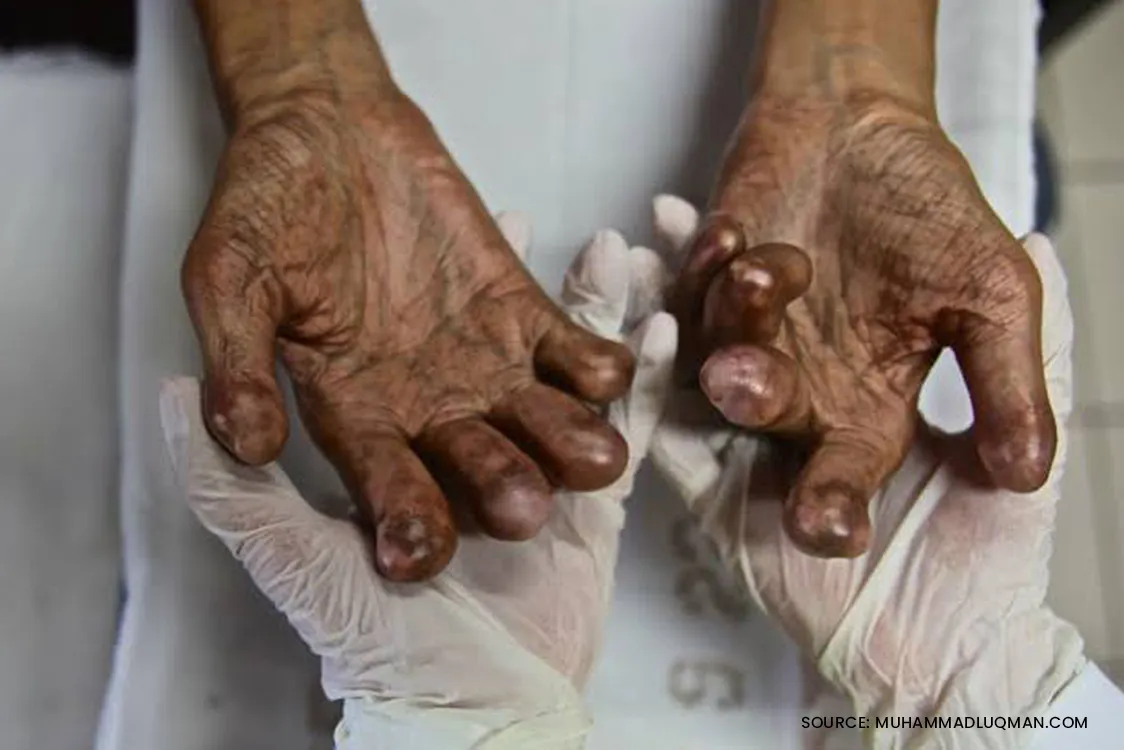Our skin is one of the most crucial sensory organs our body has. It has multiple nerve endings that help us feel different sensations like heat, cold and even pain.
Our skin holds the body fluids and prevents us from dehydration. It keeps harmful microbes and infections away from us. Our skin acts as a protective barrier between our internal system and external factors. Since our skin covers the whole body, it is the largest sensory organ.
Therefore, it is essential to take the utmost care of our skin. Here are ten general skin care tips which can help an individual to maintain good skin health.
-
Nutrient-Rich Diet. Essential fatty acids such as omega-3s help our cells stay hydrated. In addition, omega-3s can help reduce inflammation in our bodies. Antioxidants and phytonutrients can help protect our cells by reducing free radicals in our bodies. For healthy skin, one must include foods like flax seed, chia seed, sunflower seeds, almonds, walnuts, citrus fruits, bell peppers, broccoli, strawberries, kiwi, grapes, and gooseberry.
-
Gentle face wash. Gentle cleansing helps the skin look its best. While cleaning your face, gently wet it with lukewarm water and apply a mild cleanser in a circular motion with your fingertips. This can help in deep cleansing. Then rinse the cleanser thoroughly and gently dry your face with a clean towel. One must maintain separate personal face towels to avoid infections.
-
Wash your face a minimum of twice a day. Washing our face when we wake up removes the dirt and bacteria that settle on our face while sleeping. It is equally important to wash our face before bed to remove makeup and dust particles, such as smoke, smog, or dirt, which may have landed on our skin during the day. Apart from this, one must wash face thoroughly post sweating.
-
Use suitable skin care products. Before using any product, it is good to determine your skin type, whether it is oily, dry, normal, a combination, or sensitive. One must also consider the skin condition before applying anything on the skin. Using products suitable for your skin will make your skin look and feel best.
-
Resist the urge to scrub. If you have a severe acne flare or have been sweating heavily, it may seem natural to scrub your skin. Do not scrub when your skin is irritated. Scrubbing may aggravate the irritation and worsen skin conditions, including acne.
-
Apply sunscreen before you go outdoors. Sunscreen helps prevent our skin from harmful UV rays emitted by the sun, thereby reducing our chance to skin cancer. One must prefer a sunscreen that offers broad-spectrum protection, SPF 30 (or higher), with water resistance. Sunscreen may also slow down skin ageing.
-
D-tan frequently. Tanning prematurely ages our skin. It also increases our risk of getting skin cancer. Therefore, we must remove the tan. One may use an herbal d-tan pack to remove the tan. This will keep the skin healthy, tan-free and protect it from dark spots.
-
Stress Control. Managing stress is not only crucial for our mental health, but it can help our skin too. Stress can also cause flare-ups of many skin conditions, including acne, eczema, psoriasis, and rosacea.
-
Avoid Smoking. Smoking is dangerous for our skin too. It speeds up how quickly our skin ages. If you smoke, your wounds will also take longer to heal. Smoking worsens some skin diseases, including psoriasis and hidradenitis suppurativa.
-
Check your skin for any skin cancer signs. Examining your skin regularly can help you prevent chances of skin cancer and can even help in early treatment. If you notice an unusual spot that differs from the other spots on your skin or one that itches, changes, or bleeds, make an appointment to see a dermatologist.
The best way to nurture your skin is by eating a diet filled with plant-based foods and reducing processed foods, alcohol, and smoking. Additionally, a good skincare routine can improve the superficial health of your skin.





